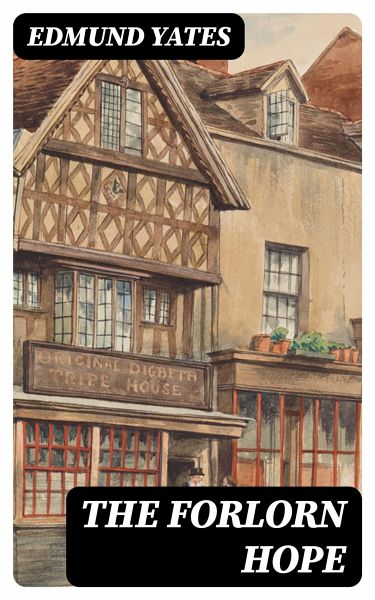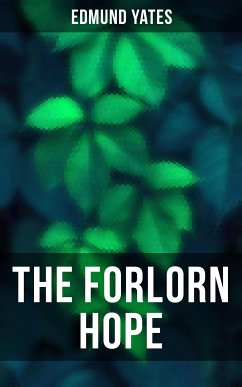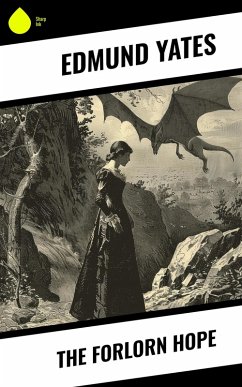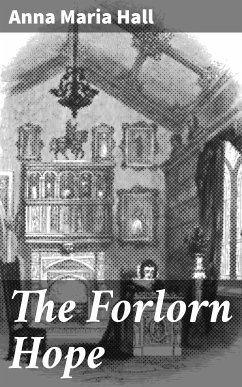
The Forlorn Hope (eBook, ePUB)

PAYBACK Punkte
0 °P sammeln!
In 'The Forlorn Hope,' Edmund Yates crafts a poignant narrative that delves into the intricacies of human emotion against the backdrop of Victorian society. The novel juxtaposes themes of despair and resilience through the journey of its protagonists, revealing the complexities of love, sacrifice, and the quest for individuality amid societal constraints. Yates employs a fluid literary style filled with evocative descriptions and character-driven dialogue, positioning the work within the rich tapestry of 19th-century literature marked by social realism and psychological depth. Edmund Yates, a ...
In 'The Forlorn Hope,' Edmund Yates crafts a poignant narrative that delves into the intricacies of human emotion against the backdrop of Victorian society. The novel juxtaposes themes of despair and resilience through the journey of its protagonists, revealing the complexities of love, sacrifice, and the quest for individuality amid societal constraints. Yates employs a fluid literary style filled with evocative descriptions and character-driven dialogue, positioning the work within the rich tapestry of 19th-century literature marked by social realism and psychological depth. Edmund Yates, a recognized figure of his time, was not only a novelist but also an influential journalist and theatre critic. His multifaceted experiences within the literary and social realms of Victorian England profoundly informed his writing. 'The Forlorn Hope' reflects Yates's keen observations on human nature and societal expectations, underpinning his belief in the transformative power of personal resilience and the complexities inherent in relationships. For readers seeking a deep exploration of the human condition within the framework of 19th-century societal norms, 'The Forlorn Hope' is an essential read. Yates's insightful prose and richly drawn characters invite readers to reflect on their own lives while immersing them in a vividly rendered emotional landscape.
Dieser Download kann aus rechtlichen Gründen nur mit Rechnungsadresse in A, B, BG, CY, CZ, D, DK, EW, E, FIN, F, GR, H, IRL, I, LT, L, LR, M, NL, PL, P, R, S, SLO, SK ausgeliefert werden.













